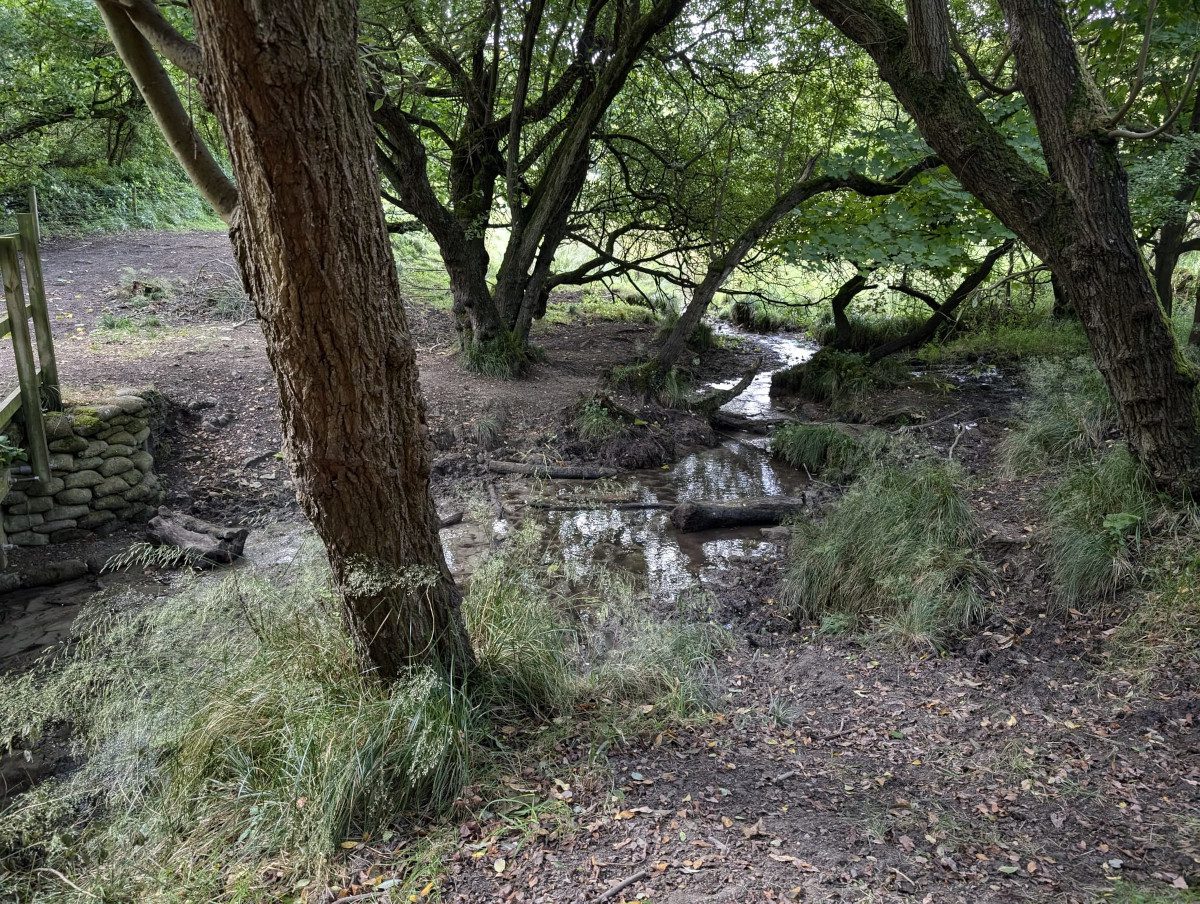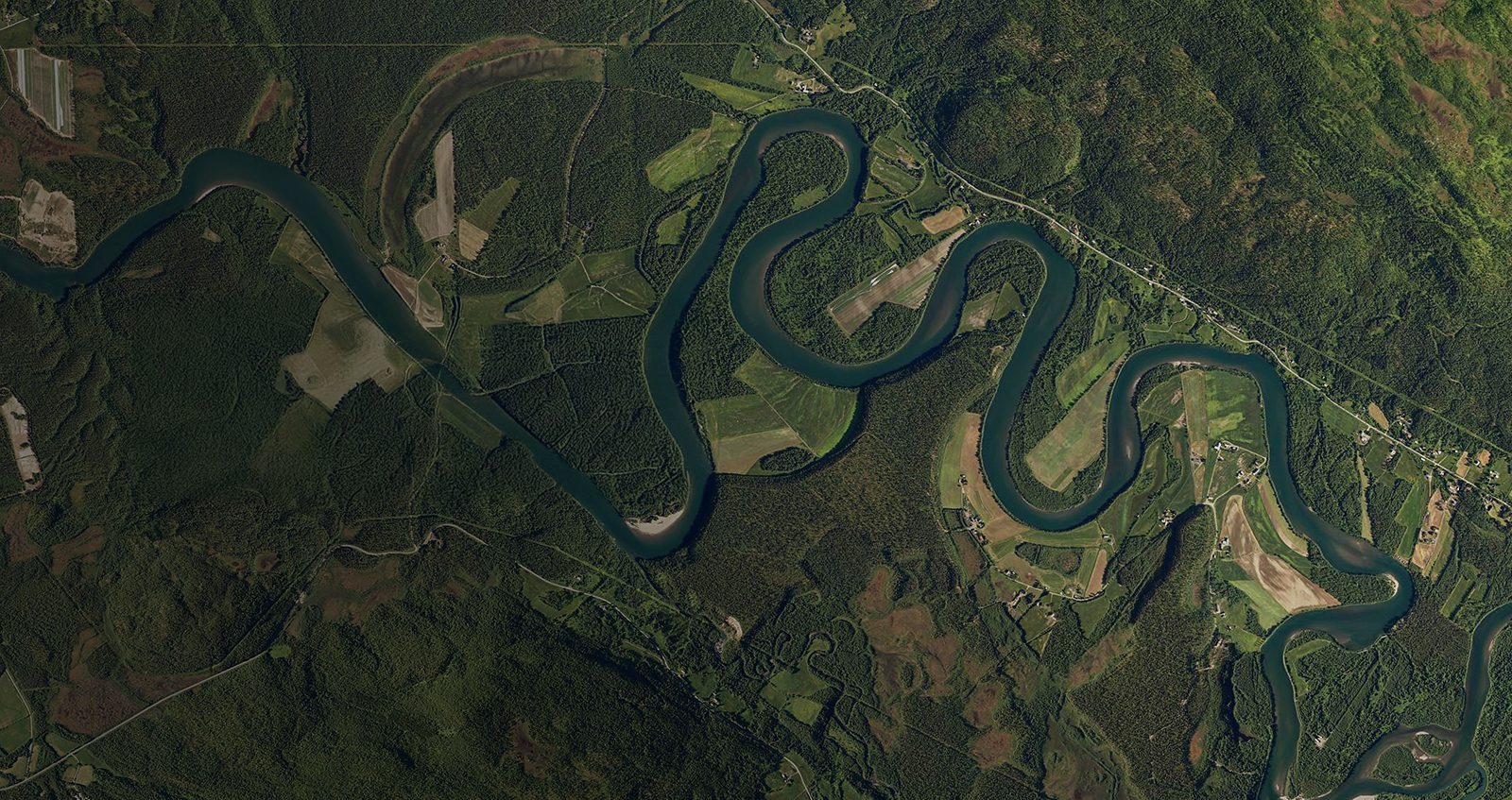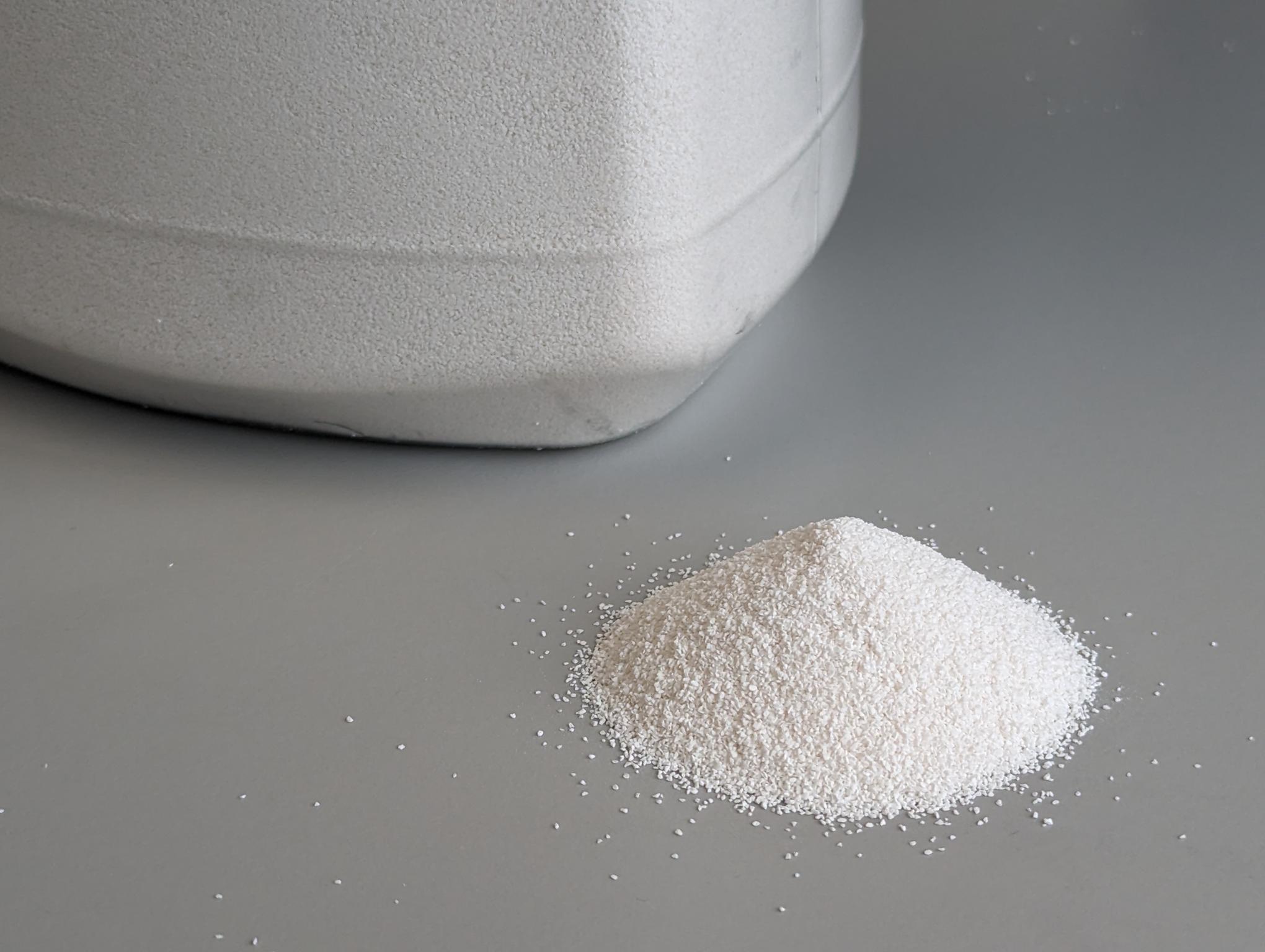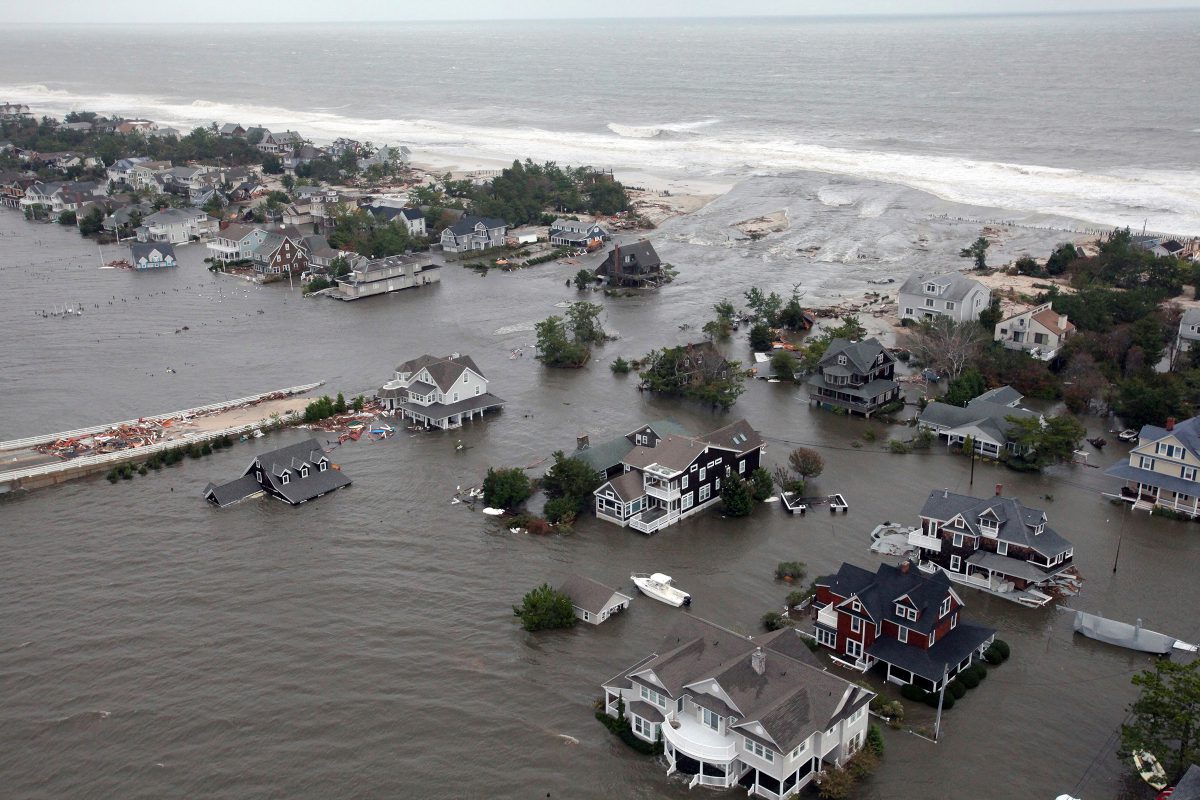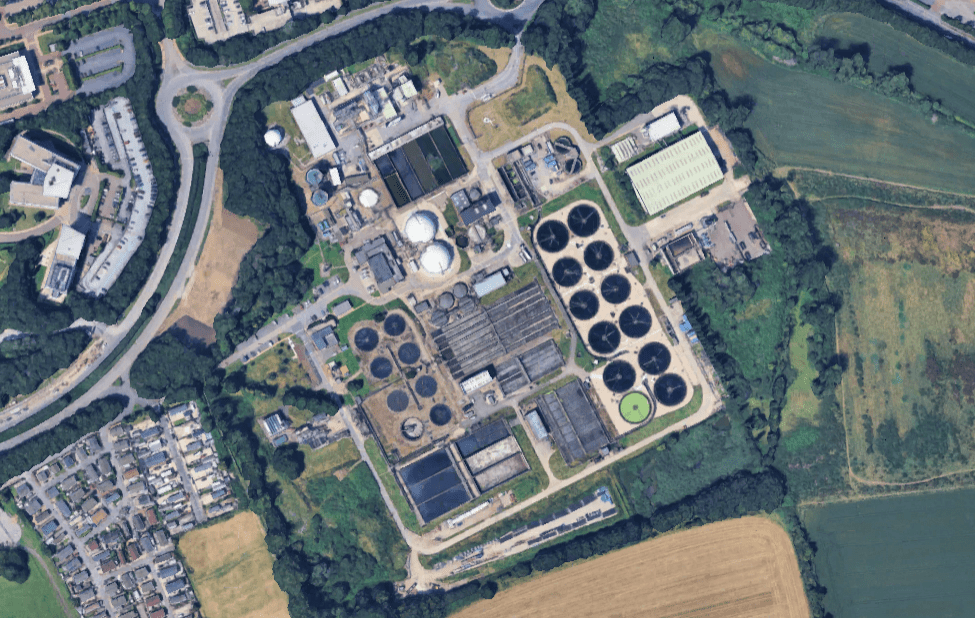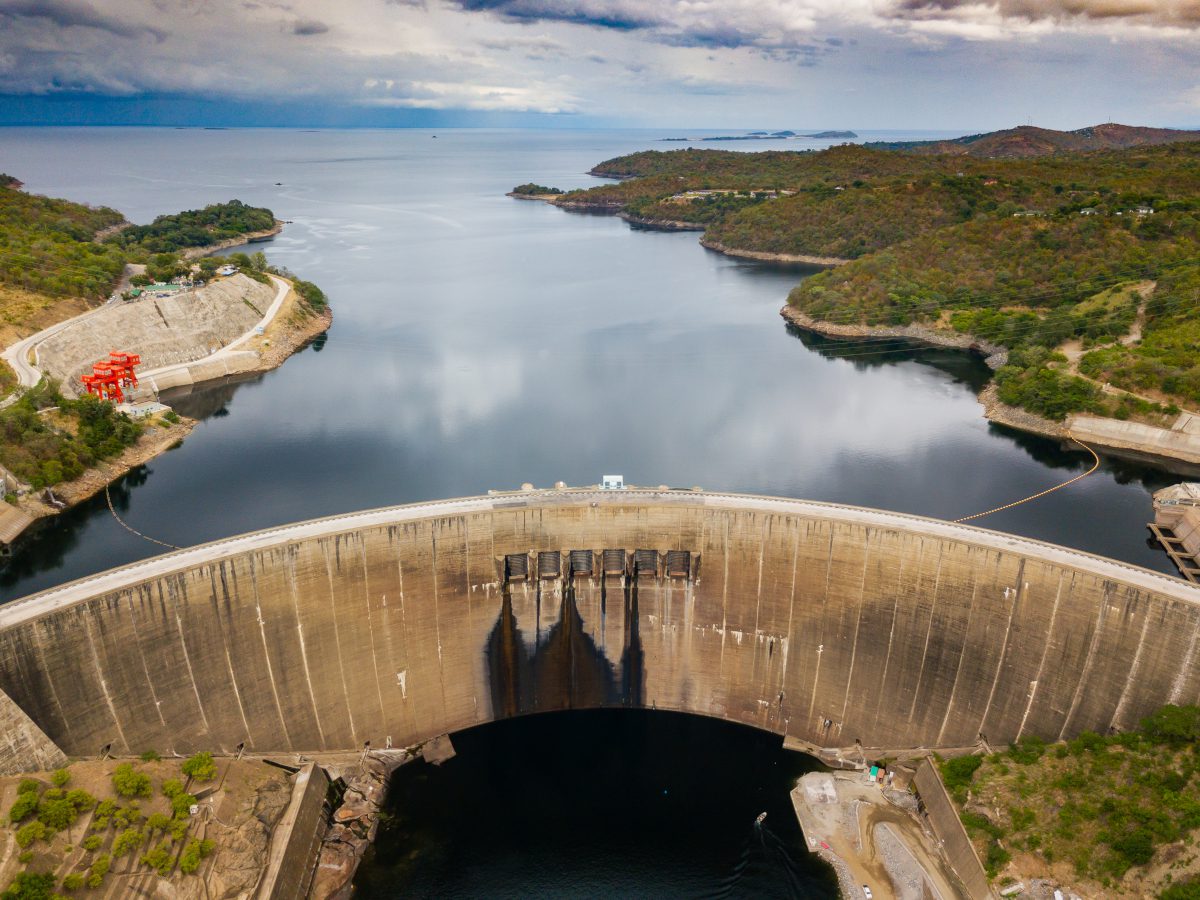A pilot study has reportedly succeeded in offering a better understanding of contamination sources in national waterbodies, providing water companies with the capability of identifying and mitigating inputs of faecal pollution in UK rivers.
WRc Senior Water Science Microbiology Consultant Daisy Allen said the study undertaken by Water Research Centre (WRc) and ADAS Biotechnology has quantified concentrations of human-specific faecal genetic markers in river water.
Daisy said: “The success of this pilot study represents an important step in developing and provisioning a comprehensive and independent test service. Since 2021, only 14% of rivers in England achieved ‘good’ ecological status and none received an overall ‘good’ classification from the Environment Agency. This research will contribute to efforts to improve the health of national waterbodies by providing an additional means to measure the contribution of faecal contamination sources and support the application of appropriate environmental remediation strategies.”
She said that faecal pollution poses significant risk to human and ecological health and can originate from untreated sewage discharges, agricultural run-off and urban drainage. Daisy said: “The study confirms that it is possible to identify specific sources of faecal contamination in UK waterbodies. This is important in efforts to manage and mitigate pollution, particularly considering that current regulation on microbial indicators, such as E. coli, does not distinguish between human and animal faecal sources. Through microbial source tracking, it is possible to pinpoint the specific host, humans, birds or livestock for example, opening the opportunity for more targeted water quality management.”
A team of water microbiologists led by Nancy Battersby at WRc designed, undertook and analysed samples from the River Ray in Wiltshire. Daisy said: “A 10 km stretch of river in proximity to a sewage treatment works was chosen as the site of the pilot study. During summer 2024, surface water samples were collected at three points along the river.”
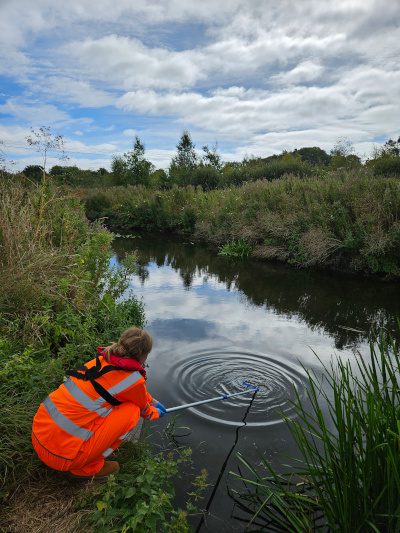
DNA was extracted from the water samples for analysis by ADAS Biotechnology. ADAS Biotechnology Managing Director Dr Ben Maddison said: “Microbial source tracking (MST) is a method for the identification of faecal pollution origins and can be performed using a DNA amplification technique known as quantitative polymerase chain reaction (qPCR), a method for detecting very low numbers of specific target DNA sequences within a sample. Here the qPCR was used to detect the human-specific faecal marker HF183, the presence of which suggests contamination from specific sources such as sewage discharges. Identifying specific sources of pollution to rivers makes it possible to locate and manage pollution more effectively, while having a significant long-term impact on improving water quality.”
Looking ahead to what follows the study, Daisy said: “Building on the success of the pilot study, there are numerous opportunities to expand the application of microbial source tracking across various industries. While the HF183 marker has proven effective in identifying human-derived faecal pollution, future work could explore additional markers to differentiate other contamination sources; for instance, targeting faecal markers specific to livestock (such as ruminant-specific Bacteroidales markers) could help assess agricultural run-off and its impact on water quality.”



